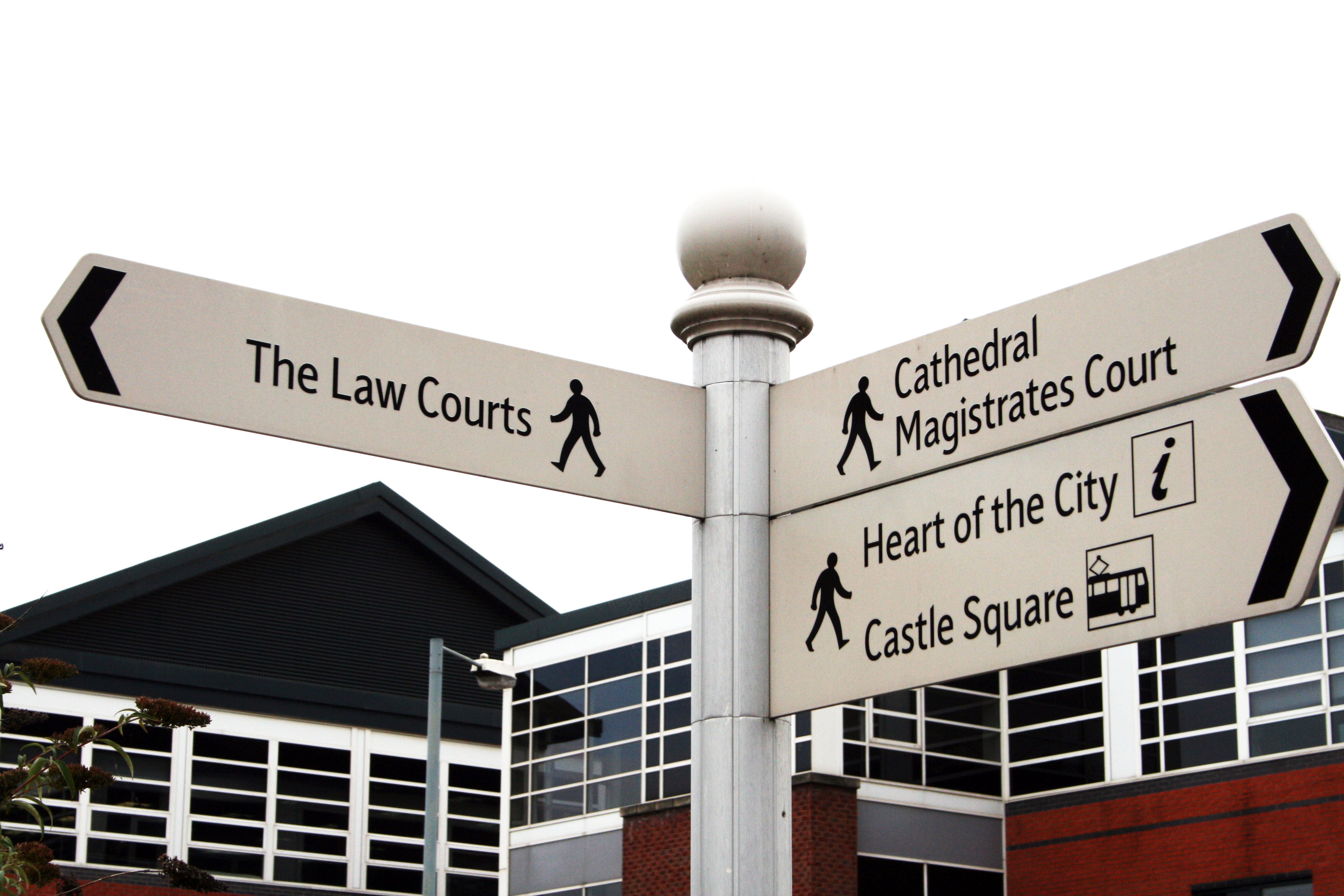‘Fascist’ cell who used 3D printer to make gun parts jailed
An undercover police officer infiltrated the group.

Four members of a “fascist” cell who made pistol parts on a 3D printer, encouraged terrorism and celebrated extreme right-wing attacks around the world have been jailed.
Using a Telegram channel called Oaken Hearth, members exchanged terror manuals, shared racist ideology, and posted videos of atrocities including the Christchurch mosque mass murder, jurors were told during an 11-week trial.
An undercover police officer infiltrated the group, leading to the four members being convicted of a total of 18 offences in March.
A partially-constructed 3-D printed firearm was found at the home in Hill Top Walk, Keighley, West Yorkshire, of two of the group, 31-year-old Liam Hall, and his partner Stacey Salmon, 30.
Examination by a specialist confirmed that despite being incomplete, the weapon could have proved lethal if fully assembled.
Other weapons were also recovered from the gang, as well as chemicals, practical guides for making explosives and extreme right-wing texts and videos.
Daniel Wright, 30, of Whinfield Avenue, Keighley, West Yorkshire, was found guilty of seven offences including an offence of manufacturing a firearm contrary and was jailed for 12 years at Sheffield Crown Court. Hall was found guilty of an offence of manufacturing a firearm, and possessing a firearm and was jailed for six years.
Salmon was convicted of possessing a firearm and was jailed for three years.
Samuel Whibley, 29, of Derwen Deg, Menai Bridge, Anglesey, was found guilty of eight terrorism offences including the encouragement of terrorism, and the dissemination of a terrorist publication and was jailed for 10 years.
When the trial began in January, Annabel Darlow QC, prosecuting, said the defendants were members of an “extreme fascist” cell during the first four months of 2021.
After the sentencing, Temporary Detective Chief Superintendent Peter Craig, head of Counter Terrorism Policing North East, said: “We work tirelessly to identify individuals who have an extremist mindset and threaten the safety and unity of our diverse communities. “Anyone found to be engaging in terrorist activity, or violent extremism in any form, can expect to be identified and put before the courts.”
